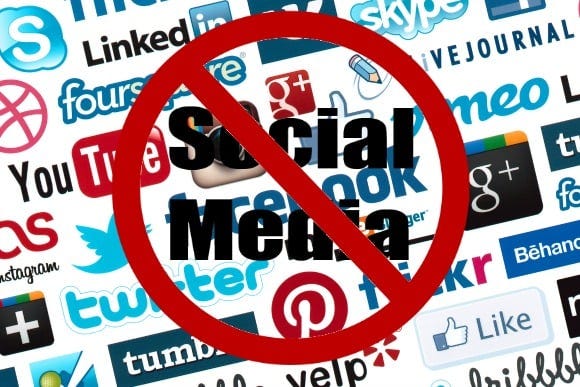Australia's social media ban for under-16s
First in a planned series
This is planned to be the first in a series discussing the Australian legislation banning people under 16 from using social media. I’m writing from the perspective of a longstanding user of new media and also as someone with personal experience of dealing (not very successfully) with problems of under-16 screen addiction. On the other hand, I’m not a technical expert so I may get some details wrong. I’ll be happy to accept correction on these points
1. What is the ban and how (if at all) will it work
The legislation was rushed through Parliament with little discussion, so not much has been spelt out about its scope or how the ban will be implemented.
The legislation requires specified sites to adopt some form of age verification - yet to be spelt out. It is explicitly said to apply to
• Instagram
• TikTok
• Snapchat
• Facebook
• Reddit
• X (formerly Twitter)
but would presumably also apply to Bluesky and Threads, and perhaps the Fediverse. On the other hand messaging services are explicitly exempt - it would be hard to restrict them without also banning SMS. Also, and unlike the US, there are no restrictions on adult sites.
Platforms will have the choice of introducing an Australia-specific age verification scheme, blocking access for all Australian users, or ignoring the ban and facing the consequences. US experience with state level age verification rules for adult sites (not restricted under the Australian legislation) suggest that adult sites have mostly chosen the second or third options. Aylo, the operator of Pornhub and other well-known sites, has blocked all access from states with age verification rules. Other sites have simply ignored the ban
It seems unlikely that the Australian government will have much success in prosecuting non-compliant sites based overseas. So, the primary enforcement mechanism will presumably come by forcing Australian ISPs to block access to these sites.
In the absence of countermeasures, bans of this kind can easily be evaded using Virtual Private Networks (VPNs). These make it impossible for ISPs to determine which sites are being visited, but typically do not conceal the fact that a VPN is being used The most effective countermeasure would probably be a requirement for ISPs to block VPNs altogether. Such a requirement would severely compromise privacy for all users. As usual in such cases, there are workarounds that would require even more intrusive countermeasures.
Summing up, a ban on U16 access to social media sites can be made at least partially effective. However, it will have significant impacts on all Australian users, including loss of access to some social media, and restrictions on privacy tools such as VPNs.
Follow me on Bluesky or Mastodon
Read my newsletter


If there's one thing we know about the Albanese government, it's that they're not deterred by the certainty of failure. I imagine they've had plenty of advice that the idea is unworkable, but have chosen to ignore it.
The common thread with toxic social media is that it's all funded by advertising. The solution, therefore, is to ban advertising. This would be relatively straightforward to enforce - you simply fine any firm which displays one of their advertisements on the account of someone under 16. How can firms ensure their ads don't appear on the accounts of children under 16? I don't know, but I reckon the social media companies could figure it out pretty quickly if they had to in order to maintain the advertising revenue they receive from adult users.
The problem with blocking VPNs is that they are widely used in the corporate world to provide secure access to company systems for employees working remotely.
As such, a ban on VPNs would be unworkable.